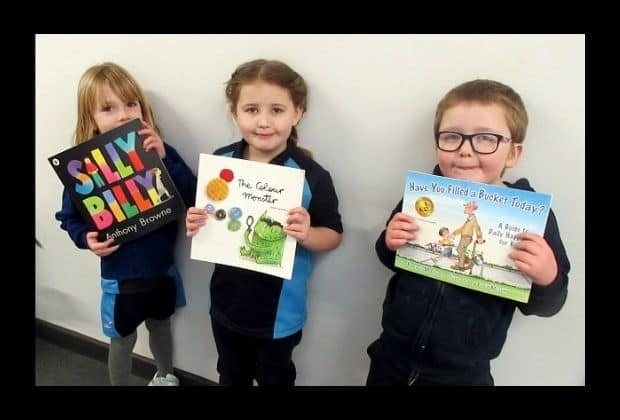
Understanding feelings and emotions as you grow is a big task for small children – at Ramsgate Arts Primary young girls and boys are already involved in a range of initiatives to help them find out more about what makes them tick.
It is an important focus for Year 1 children this term and they are already exploring a range of ideas to come to terms with the variety of ever-changing moods experienced by themselves and their classmates.
They are using a selection of story books to help teach and explore feelings. This includes the The Colour Monster by Anna Llenas which helped them to name different emotions. Then the pupils added all the different things that makes them feel emotions to ‘feelings jars’ graphics.
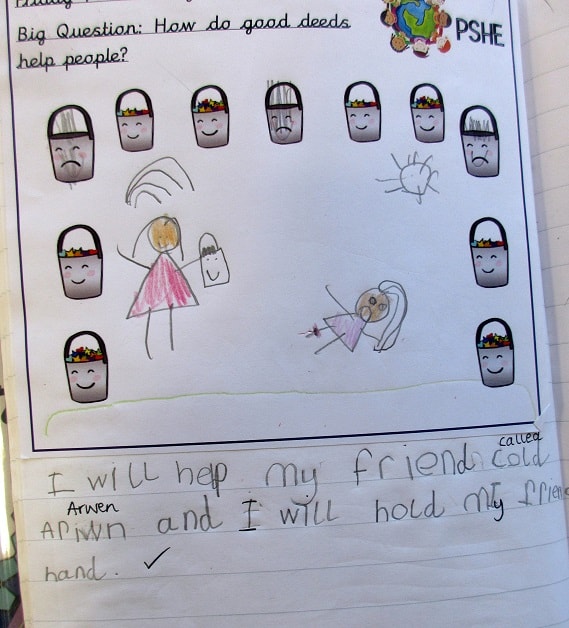
Here are some examples. Vidhi said: “I feel calm when I go to the beach’,” while Eddie admitted: “I get scared of spiders and snakes,”, and Will simply said: “I love my dog.”
Year 1 teacher Jess Barnes said: “We explored different scenarios and how this makes us feel. We noticed that we can feel different to our friends and sometimes it can be hard to recognise how someone feels by just looking at them, so it’s important to always be kind.
“We really enjoyed using the book called ‘Have You Filled a Bucket Today?’ by Carol McCloud which tells how we all have an invisible bucket and we need to help fill each other’s buckets by doing acts of kindness.
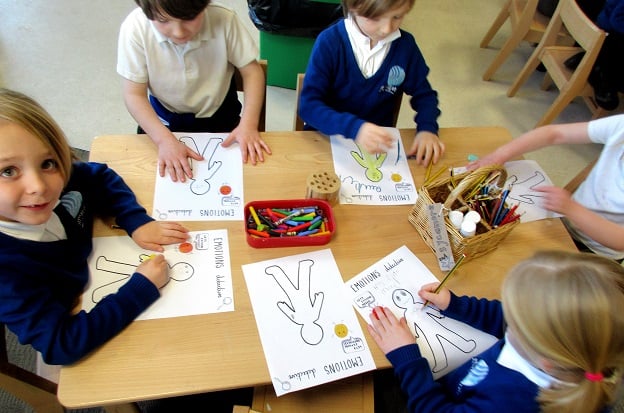
“We also explored how our bodies can feel different inside depending on our emotions. Learning about our worries and what we can do if we feel worried is important, and we used a book called Silly Billy by Anthony Browne to explore this – and the children made their our own worry dolls just like Billy in the story.”
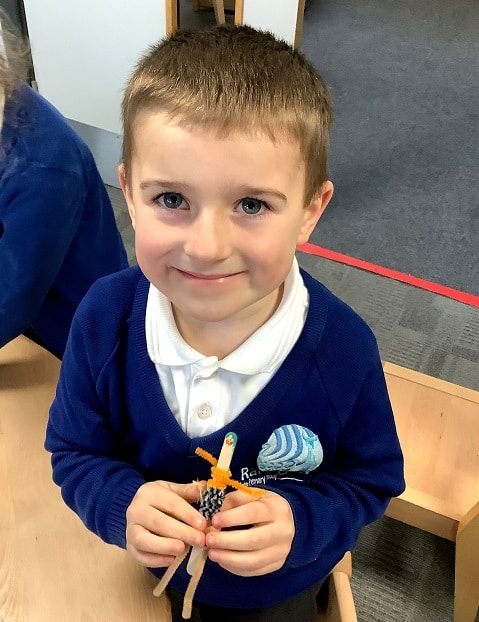
Head of School Nick Budge believes this is crucial developmental work for RAPS younger children as part of the PSHE (Personal, Social, Health and Economic education) curriculum. He said: “We set great store by a range of wellbeing initiatives for all our year groups. The work being explored by Year 1 at the moment ties right in with this.
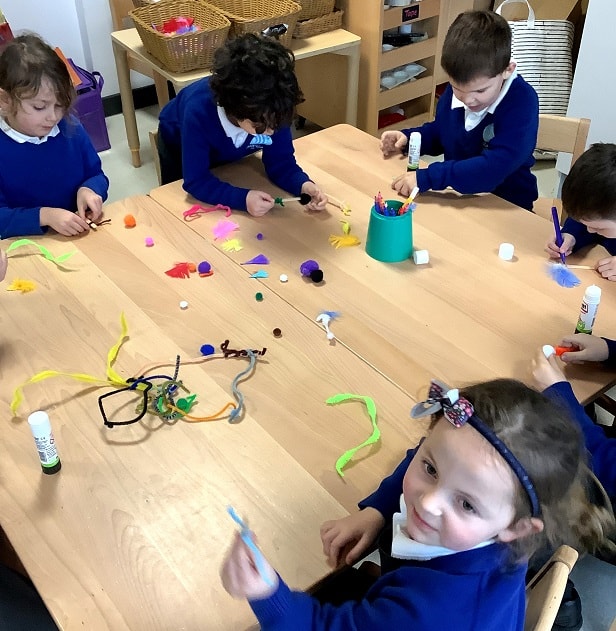
“Our children feel safe and cared for throughout their time with us – helping them understand and identify the way they feel about themselves, their families and their friends, is a crucial part of how we support their growing up.”

